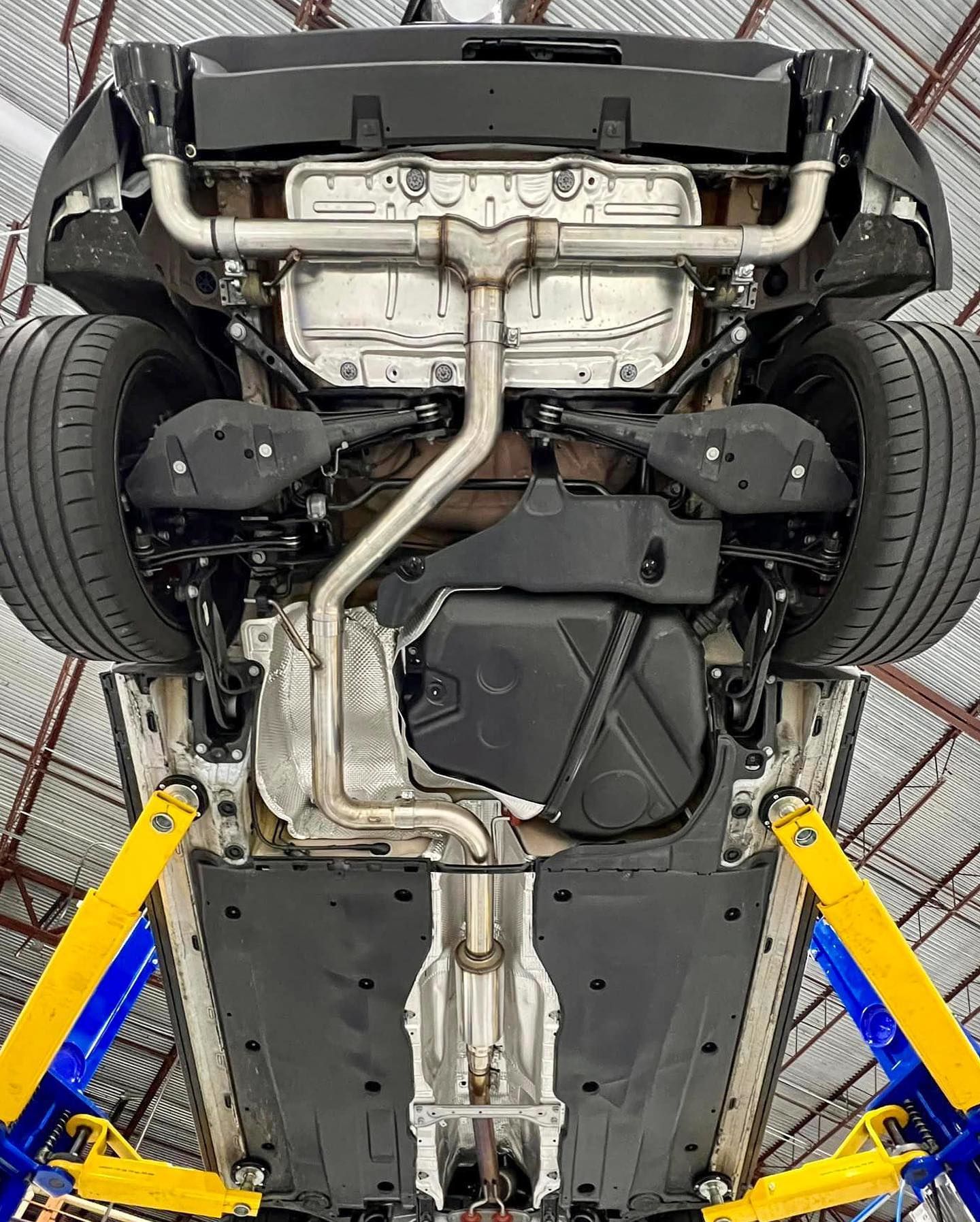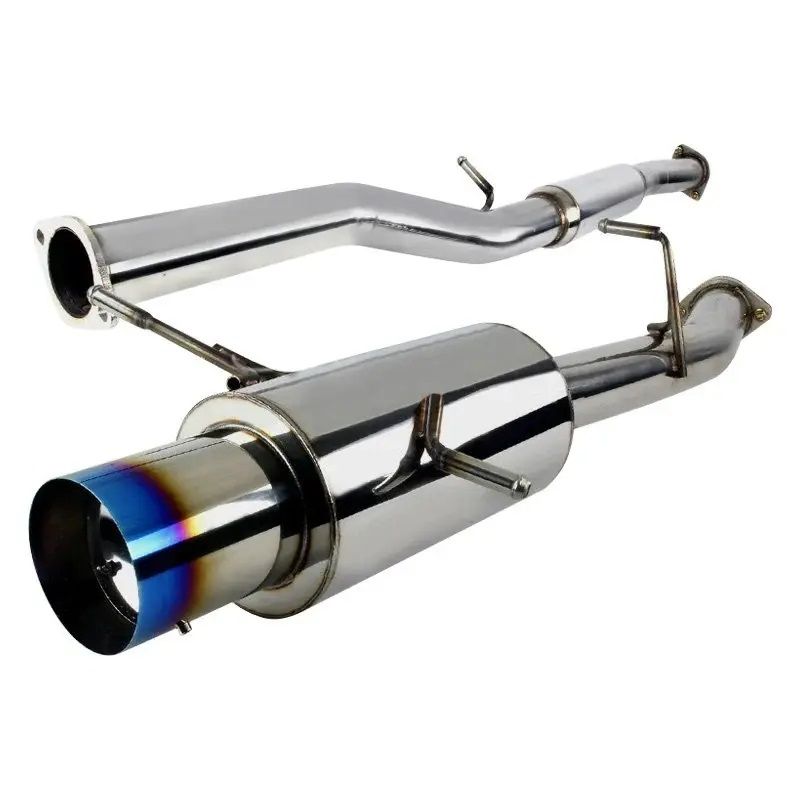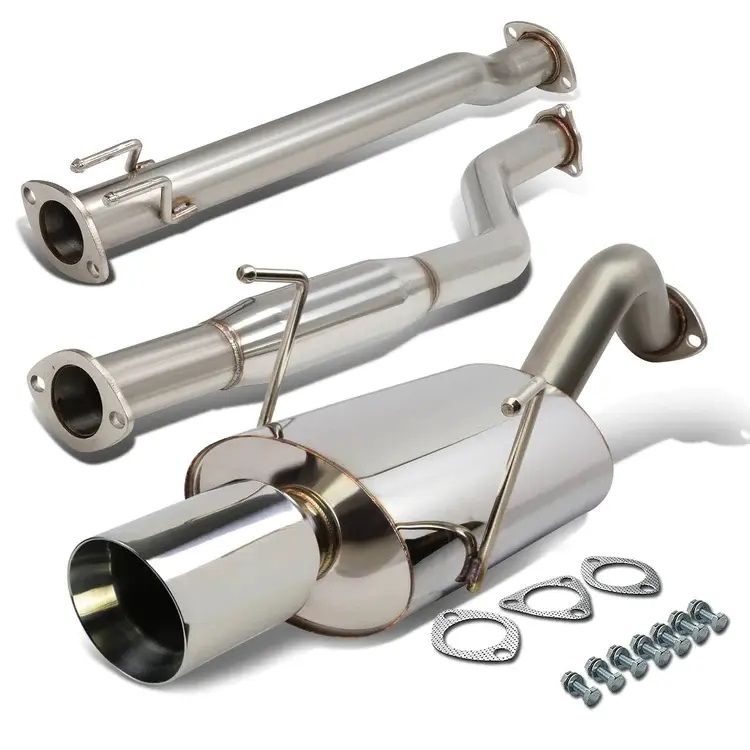OEM vs Aftermarket Car Parts: Should You Go Genuine or Generic?
If your vehicle needs replacement parts, you have two options: original equipment manufacturer (OEM) parts or aftermarket parts. OEM parts are made by your car’s manufacturer, while aftermarket parts are produced by third-party companies. Both types of parts serve the same purpose, but there are some key differences to consider before choosing one over the other.
OEM Parts: Genuine but Pricey
OEM parts are built to the exact specifications of your vehicle’s make and model. Since they’re designed specifically for your car, OEM parts typically provide the best fit and performance. However, this specialized design also makes OEM parts significantly more expensive. If cost is a concern, OEM parts may not be the most budget-friendly option.
Aftermarket Parts: Affordable but Generic
Aftermarket parts are produced by companies other than your car’s manufacturer to fit a variety of vehicle makes and models. Although aftermarket parts are regulated and tested to meet safety standards, they are not tailored to your specific vehicle. Aftermarket parts tend to be more affordable because they’re mass-produced, but they may require some modification to properly fit your car.
Factors to Consider when deciding between OEM and aftermarket parts, consider the following factors:
•Cost – Aftermarket parts are generally cheaper than OEM parts. If you’re on a tight budget, aftermarket parts can save you money.
•Fit and Performance – OEM parts are designed specifically for your vehicle so they typically provide the best fit and performance. Aftermarket parts may require some adjustments to work properly with your car.
•Reliability – Some people believe OEM parts are more reliable since they’re built to the manufacturer’s specifications. However, aftermarket parts also meet safety standards and can work well.
•Resale Value – Using OEM parts may help maintain your vehicle’s resale value better than aftermarket parts. But for most drivers, the type of parts used has little impact on overall resale value.
•Manufacturer Recommendation – Your vehicle’s manufacturer recommends using OEM parts to maintain warranty coverage or for optimal performance. Aftermarket parts may void your warranty in some cases.
•Personal Preference – For many drivers, the choice comes down to personal preference. Enthusiasts and owners of new vehicles often prefer OEM, while others don’t notice a difference and opt for affordable aftermarket parts.
In the end, you must weigh the pros and cons of OEM vs aftermarket parts based on your priorities and situation. When price is less of a concern, OEM parts may be the best choice. But aftermarket parts can work great too and save you money if you choose a good brand or a good factory. The most important thing is choosing replacement parts that meet safety standards and keep your vehicle running well.
Post time: Jun-14-2023


